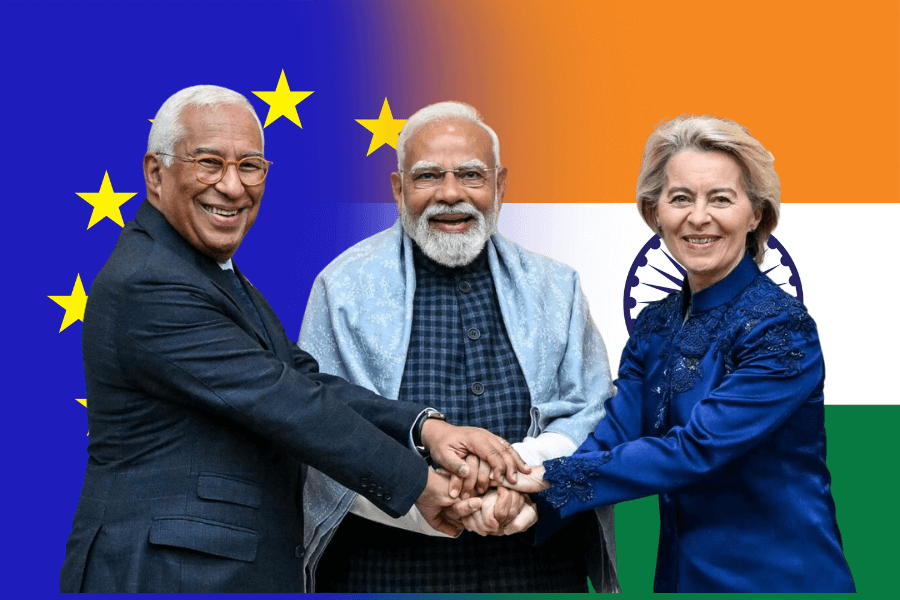
Electric motorbikes are emerging as a vital diplomatic tool in Indonesia, driven by a significant investment from Australia. The Australian government has provided a $5 million concessional loan to the Indonesian electric motorbike rental company Electrum. This initiative aims to convert fossil fuel users in Jakarta, a city grappling with severe pollution, into users of cleaner electric vehicles.
Jakarta’s traffic congestion is notorious, often leading to comparisons with other major cities. The pollution in the city, exacerbated by automobiles and coal-fired power plants, consistently ranks among the worst globally. With a population of approximately 36 million, Jakarta’s dense urban environment presents both challenges and opportunities for businesses focused on sustainable solutions.
Australia’s Green Diplomacy Strategy
The loan to Electrum is part of a broader strategy under KINETIK, the Australia-Indonesia Climate, Renewable Energy and Infrastructure Partnership. This program is designed to support green business growth and tackle pressing environmental issues in Indonesia. As Australia seeks to improve its climate credentials, it aims to assist Indonesia in balancing economic growth with pollution reduction.
Electrum’s Chief Executive, Jack Yang, emphasized the Indonesian government’s commitment to using transportation as a key instrument for climate action. “There’s a clear direction there, and there’s a wide range of initiatives in place, and urban mobility is one of them,” Yang stated. The company has already rented out around 5,000 electric bikes in Jakarta, with plans for significant expansion given the city’s 17 million motorbikes currently on the roads.
Electric motorbikes are projected to offer savings of about 20 percent compared to traditional petrol-powered bikes. Electrum’s innovative battery swap system allows riders to quickly exchange depleted batteries for fully charged ones at convenient stations throughout the city, catering to the needs of busy urban commuters.
Investment and Economic Implications
Australia’s investment in Indonesia is not traditional aid but a strategic partnership aimed at fostering economic growth through sustainable practices. KINETIK has an initial endowment of $200 million to invest in businesses that can yield returns for reinvestment in further green ventures. As noted by Kylie Charlton, a committee member of Australia Direct Investments, traditional grants alone are insufficient to address the climate crisis; innovative financing mechanisms are essential.
Indonesia’s commitment to the Paris Agreement includes a goal to reduce emissions by 32 percent below business-as-usual levels by 2030 and achieve net-zero emissions by 2060. The transition to cleaner energy is complex, particularly as local content laws promote manufacturing to enhance job creation. The heavy reliance on coal-fired power poses challenges, especially as the government seeks to diversify energy sources.
Australia’s approach is seen as a counterbalance to other nations vying for influence in Indonesia. Hangga Fathana, an assistant professor at Universitas Islam Indonesia, remarked that Australia is offering “trust, collaboration, and values” in contrast to China’s capital and technology offerings. However, he cautioned that any green initiative must compete with Indonesia’s focus on immediate economic growth.
In recent developments, KINETIK announced a $15 million investment in Hijau, a company that installs and rents rooftop solar panels to commercial clients. This investment aims to create a sustainable business model that can generate returns while contributing to Indonesia’s renewable energy goals. Committee member Jeremy Cleaver explained that such equity investments allow for future reinvestment in additional opportunities.
Additionally, KINETIK is supporting Xurya, which provides solar power solutions primarily for foreign companies in Indonesia. Xurya’s Managing Director, Eka Himawan, highlighted the commitment of foreign firms to climate action as a significant motivator for adopting solar technology, despite the economic incentives associated with coal.
As Australia seeks to strengthen its ties with Indonesia, it is crucial to navigate the complexities of local policies and economic expectations. Prime Minister Anthony Albanese has emphasized the importance of this relationship in an era of global uncertainty, noting that “no relationship is more important to Australia than this one.”
With Indonesia facing mounting public pressure to address pollution, initiatives like KINETIK may help foster a collaborative environment for sustainable development. The Indonesian government’s positive response to these investments reflects a mutual interest in creating viable, long-term solutions to environmental challenges.
Australia’s ambassador to Indonesia, Rod Brazier, remarked that KINETIK is pivotal in establishing stronger investment ties and a pipeline of commercially viable projects. As both nations continue to work together, the outcomes of these initiatives could reshape not only their bilateral relationship but also the landscape of sustainable development in the region.







